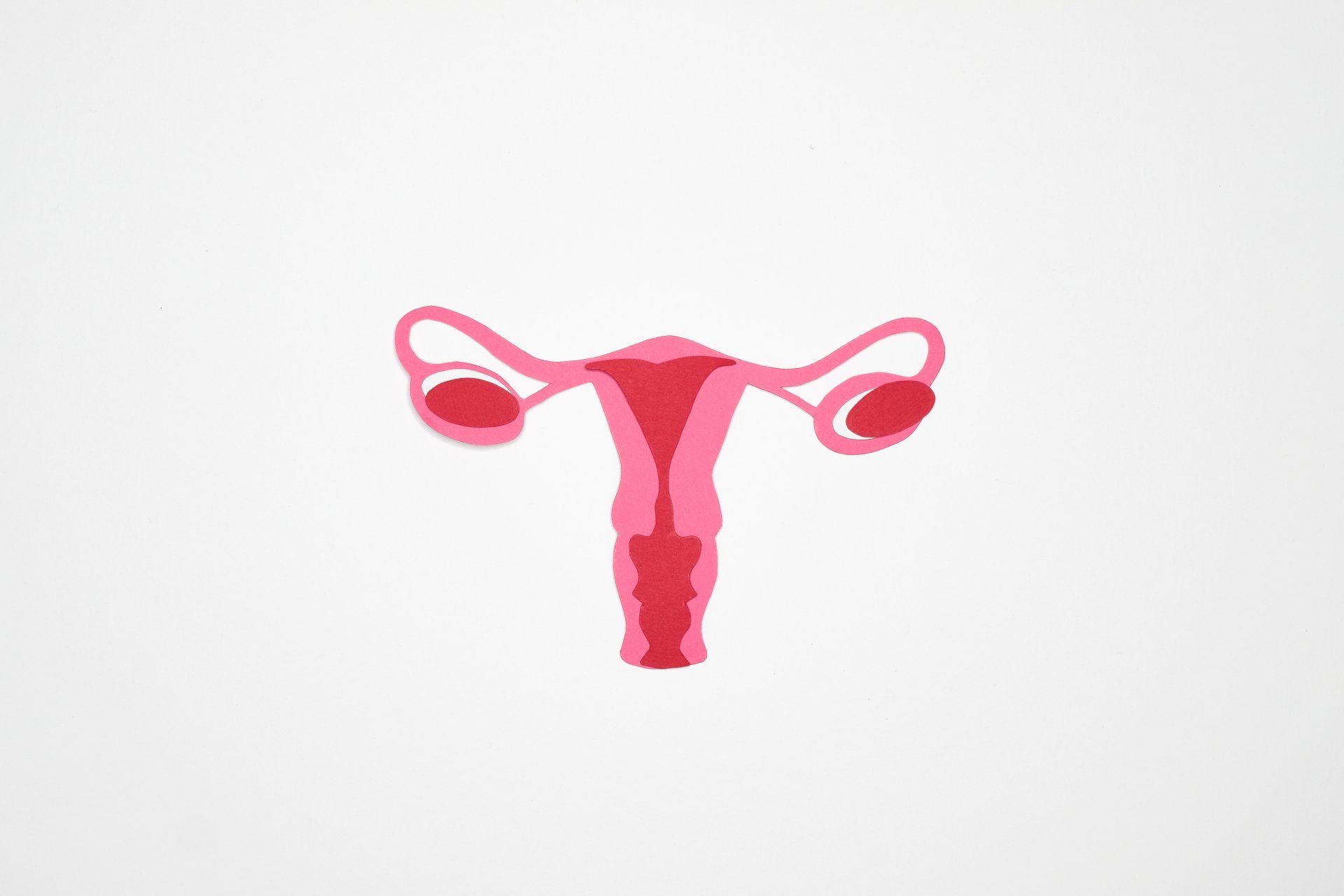Can you get Pregnant if you have an IUD?

An intrauterine device (IUD) is a small T-shaped device inserted into your uterus to prevent pregnancy. It is considered a long-term but reversible form of contraception. It is one of the most effective and popular forms of birth control available.
There are two types of IUDs.
- Copper: makes the uterus inhospitable to sperm. (Brand name: ParaGard)
- Hormonal: Releases a progesterone-like hormone called progestin which prevents the ovaries from releasing eggs (Brand names: Kyleena, Liletta, Mirena, and Skyla)
All IUDs are more than 99% effective, but none are 100%.
This article will discuss how you can get pregnant while you have an IUD, what to do if you think you are pregnant and have an IUD, the risks associated with pregnancy with an IUD for both the woman and the fetus, and options to consider.
How Can You Get Pregnant With an IUD?
There are several possible ways pregnancy can occur after you have an IUD inserted:
- Your IUD can become displaced or fall out after insertion. This is more common if the IUD is placed after a vaginal delivery or an abortion and usually occurs within three months. You can get pregnant if you are unaware the IUD is no longer in place.
- You can get pregnant if you have intercourse within seven days of having a hormonal IUD placed. Hormonal IUDs can take up to seven days to be effective, depending on when in your menstrual cycle the IUD is placed. It is effective immediately if placed while you are on your period.
- You can become pregnant if your IUD has been in place longer than recommended and has expired. It is essential to know the expiration date of your IUD.
What should You do if you have an IUD and Suspect You are Pregnant?
If you are concerned your IUD has failed, talk to your healthcare provider about using emergency contraception (EC). Emergency contraception can prevent pregnancy if you discover your IUD is not in place within a few days of having intercourse.
You may notice typical signs of pregnancy if you become pregnant with an IUD. Some of these symptoms can be similar to side effects from your IUD, which can be confusing. These signs include:
- Missed period (you may not have a period if you have a hormonal IUD)
- Nausea with or without vomiting
- Sore and enlarged breasts
- Mild cramping
- Mild spotting
- Fatigue
- Increased urination
- Food aversions
You can take a home pregnancy test if you suspect you are pregnant. These tests are about 99% accurate. If you have periods with your IUD, you can take the test on the first day of your missed period. If your IUD causes irregular periods, wait a week or two to take a test.
If you have unusual symptoms, talk to a healthcare provider. They can confirm if your IUD is still in place and verify if you are pregnant or not with a urine or blood test.
What are the Risks with Pregnancy and an IUD?
IUD pregnancies are more likely to be ectopic or occur outside the uterus.
Most commonly, ectopic pregnancies occur in the fallopian tubes. The tubes can burst and cause life-threatening bleeding. The pregnancy will not develop past a few weeks. Symptoms of an ectopic pregnancy include:
- Sharp pain in your abdomen, pelvis, shoulder, or neck
- Severe pain on one side of your abdomen
- Vaginal bleeding
- Dizziness
- Fainting
- Rectal pain or pressure
An ectopic pregnancy is an emergency. If you are concerned about having an ectopic pregnancy, seek medical attention immediately.
If you are pregnant and have an IUD, you are at high risk for adverse pregnancy outcomes, such as:
- miscarriage, also known as spontaneous abortion
- preterm rupture of the amniotic sac
- preterm delivery due to infection
- placental abruption, when the placenta pulls away from the uterus before the baby is born
For your baby, giving birth with an IUD in place is associated with higher neonatal intensive care unit (NICU) admission rates and more severe illnesses such as infections.
What are my options?
There are two main options if you become pregnant with an IUD – continue your pregnancy or terminate the pregnancy. If it is ectopic, termination is necessary because the embryo cannot survive outside the uterus, and you have a significant risk of bleeding and even death.
If you continue your pregnancy, the recommendation is to remove your IUD. There are significant improvements in pregnancy outcomes after removing an IUD in early pregnancy versus leaving it in the uterus.
If your healthcare provider can see and grasp the strings of your IUD, they will gently remove it. If they cannot see the strings, you may need an ultrasound to find your IUD. If the IUD is above the cervix, your provider may remove it using a special scope that looks inside your uterus.
Removing the IUD reduces the risk of pregnancy complications. The IUD needs to be removed during the first trimester. Even when your IUD is removed, your pregnancy is at high risk, but removing the IUD lowers your risk.
If you choose termination, also known as abortion, your doctor will remove your IUD at the same time. Different termination methods are used depending on how far along your pregnancy is. Your provider will go over your options with you.
Summary
IUDs are an effective and safe form of contraception. But like every method of contraception, they can fail.
The earlier pregnancy with an IUD is identified, the better your chances of being able to continue your pregnancy if you desire.
Knowing the signs of pregnancy and when to contact your healthcare provider is essential.
Sources:
https://www.plannedparenthood.org/learn/birth-control/iud
https://www.ncbi.nlm.nih.gov/books/NBK557403/\
https://my.clevelandclinic.org/health/treatments/24441-intrauterine-device-iud
https://www.womenshealth.gov/a-z-topics/pregnancy-tests
https://www.ncbi.nlm.nih.gov/pmc/articles/PMC3418877/
https://www.ncbi.nlm.nih.gov/pmc/articles/PMC5893319/[KVW18]
Author Bio:
Ruth Mielke is a certified nurse midwife and RN with over two decades of clinical experience. She has a Doctorate in Nursing Practice. Ruth is expanding her career to include freelance health and wellness writing.
Thank you for reading Patient Education Essentials, the Write Shift RN blog.
Disclaimer: This article was written as a guest post for Write Shift RN LLC's blog. The information in it may not be wholly fact-checked or edited, allowing the reader to see the writer's work and skills firsthand. This information is not intended as medical advice. It is for informational and educational purposes only. Always talk to your doctor or other qualified healthcare providers about any questions or concerns you may have regarding medical conditions.











